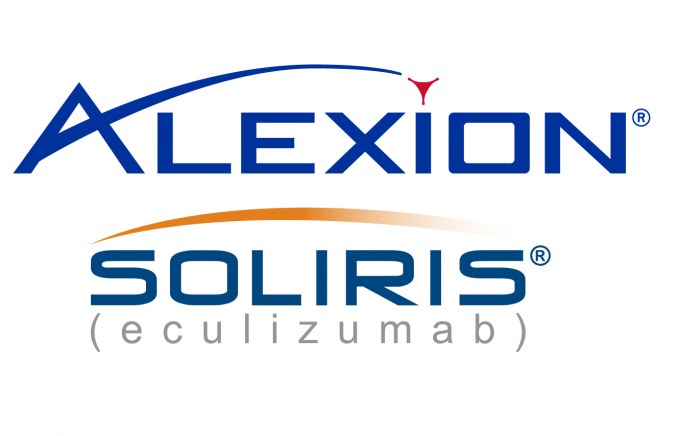Trust favourite Alexion notches up a success with important ‘1210 clinical data
Alexion (Nasdaq: ALXN) scored an important positive result in the first of two pivotal trials with ALXN1210 in paroxysmal nocturnal hemoglobinuria (PNH), boosting its shares by around 8% earlier today. ALXN1210 is a long-acting follow-up molecule to Soliris, Alexion’s blockbuster drug for three ultra rare diseases. ALXN1210, which is given every eight weeks, is critical to Alexion’s strategy to maintain its dominant position in these markets after the patents on Soliris expire in the 2020s and thus the positive result removes one of several concerns that surround the stock.
Alexion, a top 10 US biotech, features in many – although by no means all – of the listed biotech investment trusts. The bear case is that the Soliris franchise could face pressure from biosimilar or copy type products, while the bull case is that Alexion has an unassailable commercial position and may ultimately be acquired, given the desire on the part of many large pharmaceutical groups to expand their presence in the rare disease area.
Alexion is proportionally largest in BB Biotech’s (BBB) portfolio (4.3% of NAV). followed by Tekla Life Sciences (HQL) and Tekla Healthcare Investors (HQH) (both 4.2%), with Biotech Growth Trust (BIOG, 3.2%) and Worldwide Healthcare Trust (WWH, 2.9%) having lower holdings.
Alexion’s phase III study demonstrated non-inferiority of ALXN1210 to Soliris, on the co-primary endpoints of transfusion avoidance and normalisation of lactate dehydrogenase (LDH) levels. This is a desirable outcome, as it is dosed less frequently, even though it just missed statistical superiority, albeit a strong numerical trend. ALXN1210 reduced mean LDH levels by 76.8% (versus 76.0% for Soliris) and lowered mean LDH to 1.0-1.1x ULN (upper limit of normal), through months one and six in 53.6% (versus 49.4%). All key secondary endpoints also demonstrated non-inferiority for ALXN1210. The most critical secondary endpoint was the incidence of breakthrough haemolysis, which was 4.0% on ALXN1210 and 10.7% on Soliris. A second Phase III study, with the same design, is due to read out in the next few weeks.
Soliris is already selling $3bn/year and some sell-side analysts expect its most recent approval could boost this to $6bn/year. Soliris is famously one of the most expensive drug available, and sold for PNH, atypical hemolytic uremic syndrome and refractory myasthenia gravis.
Trust favourite Alexion notches up a success with important ‘1210 clinical data
